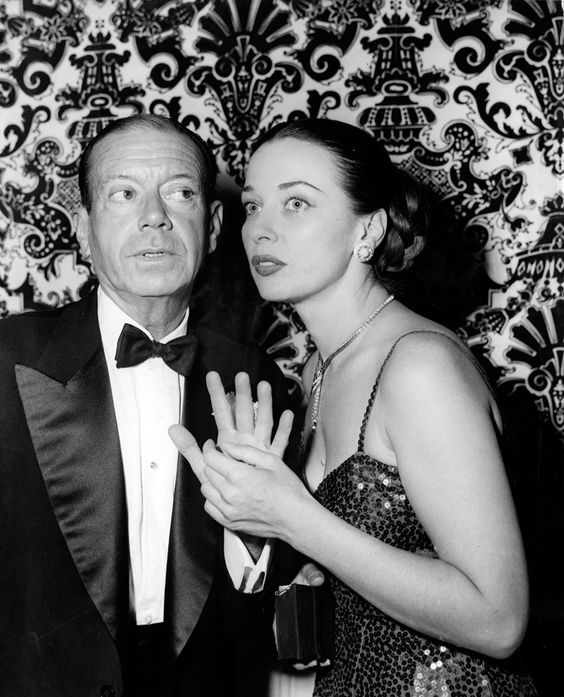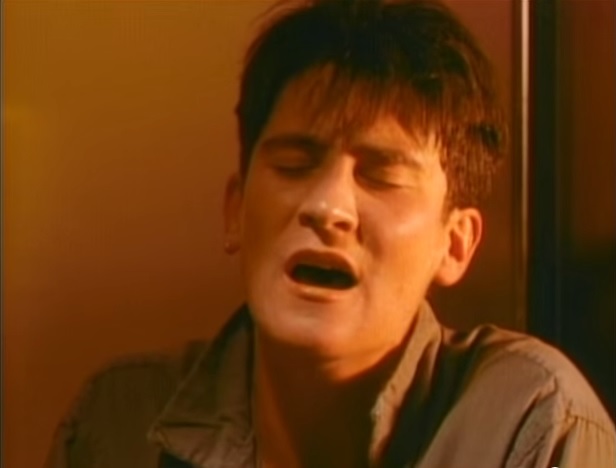
Asked once whether his songs would endure, Cole Porter replied “I never gave it a thought…my enjoyment was in writing them.”
Porter’s passion for music was socially embedded; his personal performances were as central to his life as his songwriting. From early in his career, he loved references to historical as well as contemporary figures, usually in some brash situation that flatters his audience.
As a lyricist, Porter loved metonymic things, particularly lists. On the one hand, these lists frame a particular kind of eroticism—they most often appear in songs of romance (however ambivalent) and employ potentially endless wit, since the list could hypothetically continue to exhaustion, in the service of courtship.
But the list also serves to create an implied social world in which Cole’s immediate audience, which certainly recognized the references, was joined by a larger and more inchoate audience through magazines, recordings, and radio. Still, he depended heavily on the evanescence of the references, so his lists can have an unusually short cultural half-life—which is a cornerstone of their charm.
This according to “Lists of louche living: Music in Cole Porter’s social world” by Mitchell Morris, an essay included in A Cole Porter companion (Urbana: University of Illinois Press, 2016 73–85; RILM Abstracts of Music Literature 2016-2611).
Today is Porter’s 130th birthday! Above, with his wife, Linda Lee Thomas; below, Anything goes includes numerous references to café society figures and events that were well known in Porter’s time, but are largely unfamiliar to today’s audiences.



